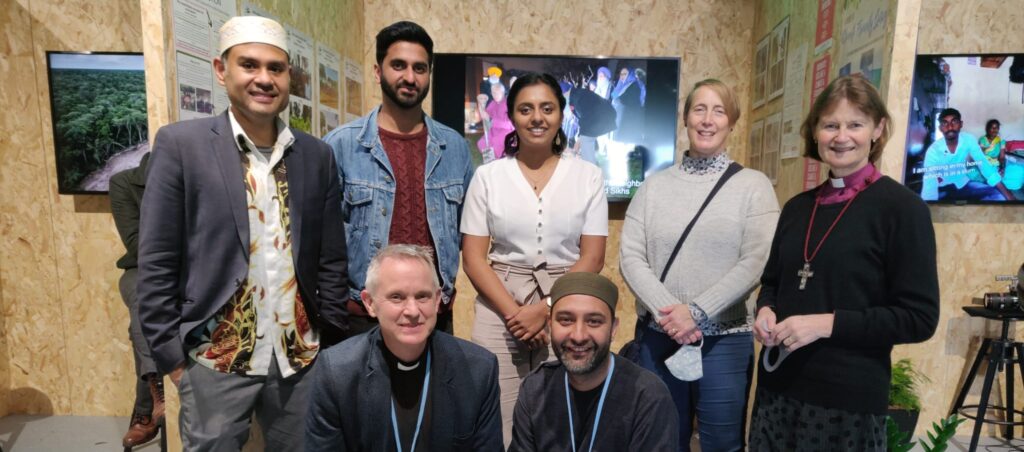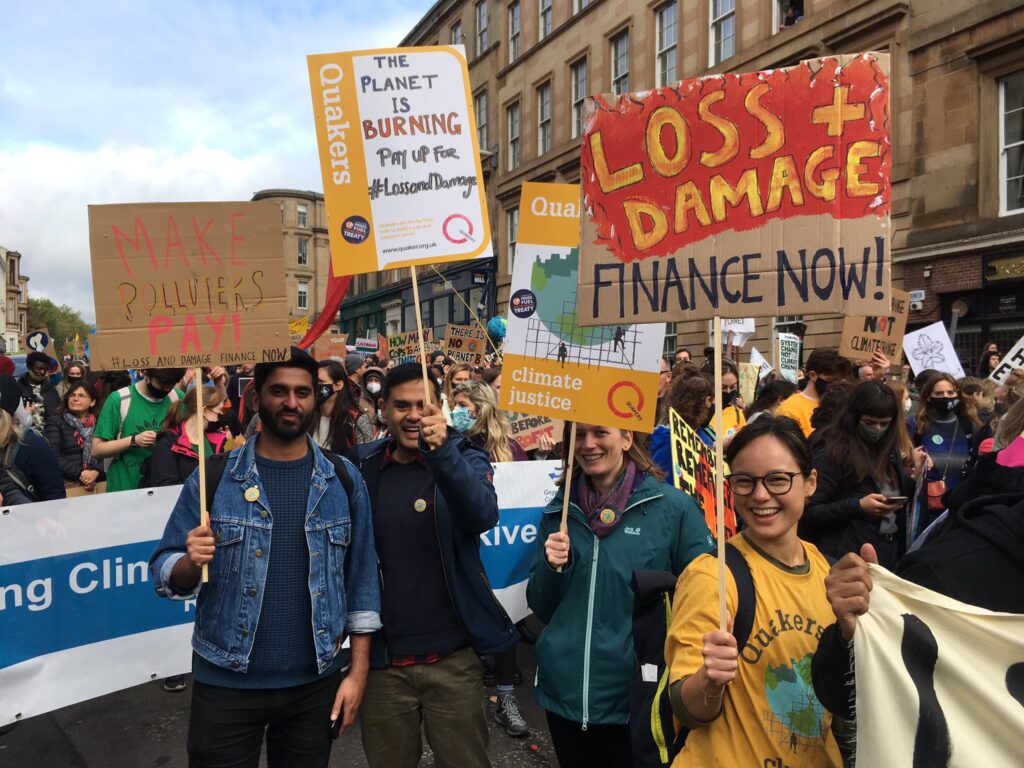What’s at stake with a new UK government?

One week on from the general election result, our Movement Builder, Rosh Lal, reflects on what’s at stake in the years ahead.
As we welcome in the new Labour government, I have been reflecting on how these years ahead are going to be the most consequential for climate and nature. However, campaigning for the general election was unfortunately mainly focussed on domestic issues. There are signs this is changing, but the lack of focus on nature and climate was disappointing, as what the UK decides to do in the course of this next parliament will have far-reaching implications for the British population, but also the rest of the human family, especially those who are climate vulnerable in poorer countries who have done the least to cause the problem.
I trace my heritage to Punjab – the birthplace of Sikhism – and already in my ancestral homelands people are being affected by the unbalanced climate. The recent farmers protests were about the right for the many agricultural workers in Punjab to maintain a livelihood. But this livelihood isn’t only affected by government policy; global heating is causing water supplies to deplete, for rains to become more erratic and the likelihood of droughts and floods to increase. The changing weather patterns and unpredictable seasons make life harder for Punjab’s many farmers, meaning they have to invest more time, labour and money to keep their crop yields consistent. This leads to further impoverishment and debt for an already struggling part of the population. A changing climate is pushing the poorest, and the ecosystems they are embedded within, to the brink, not just in Punjab but all over the world.
Here in the UK, communities of faith are taking action to ensure the government upholds its fair share of climate action. But communities of faith also work transnationally, which is a reflection of them being global communities of solidarity and shared tradition. This means that communities of faith will always emphasise the interconnectedness of peoples. That is also why, as a network, we supported Refugee Week in bringing together climate and migrant justice organisations; because all people everywhere have the right to move and to stay, especially in the face of an environmental crisis caused by the rich world.
There are many people in the UK who claim heritage in other parts of the world that are climate vulnerable. Southern Africa is simultaneously experiencing record floods and droughts. Earlier this year South and Southeast Asia experienced a record heatwave which disrupted lives and livelihoods. Many of you will remember shocking images of recent floods in the UAE and Brazil. These asymmetrical effects – where racialised people suffer the most – are environmental racism in action. The world cries out for the rich nations, which have done the most to pump carbon into the atmosphere, to act decisively to stop the chaos and damage. We, the peoples of the diaspora and from diverse faith traditions, should use our voices to stand up for our kin around the world who are suffering the most.
But how can we use our voices to get the new government to do its fair share? The UK is the fifth biggest historic emitter in the world. It is for this reason that Faith for the Climate, along with faith communities around the UK, are demanding that big polluters pay up for the climate damages they have caused. This is the second demand we are putting to the new government, alongside:
- A fast and fair phase-out of fossil fuels. This will ensure we build the economy and energy system of the future that won’t cause the world to heat up
- The Climate and Nature (CAN) Bill to be passed into law. This will ensure any government policy considers how it will affect climate and nature together, as well as begin to repair the damage already done to the natural world
We would like to invite you to ask your new MP’s whether they support these policies, and if not, why not? It is only by recognising and acting on our historical and moral obligations to each other that we can restore nature, and ensure people can live in safety and dignity, wherever they may be.
Rosh Lal, 11 July 2024 (last updated: 16 July 2024)

Read more about Faith for the Climate’s demands
Read more about questions you can ask your new MP’s
Read more about what climate justice means
